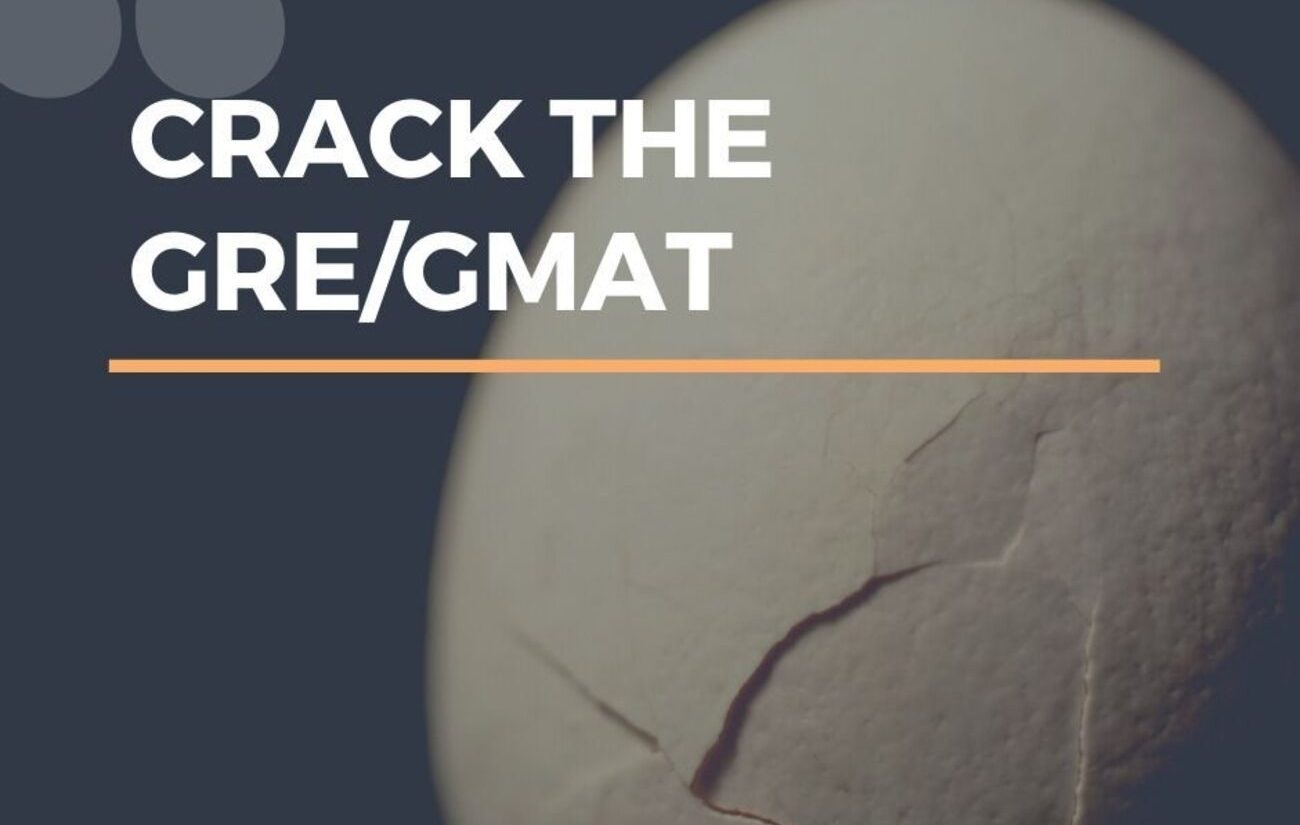
08 Jun Cracking the GRE/GMAT in just 5 steps!
Cracking the GRE or GMAT score that puts you in 90th/95th percentile can be challenging. Don’t you wish you could rub a magic lamp, and a genie would appear with the solutions? You have wished right! We, at EduPeer have 5 steps to offer, which can help you to scale new heights!
1. Endurance + Speed= Great mental stamina
The tests are more than three hours long.
In long tests like these, it is very likely that your concentration will begin to flag and the tiny breaks between sections gives you barely enough time to catch your breath.
So it is important to develop your endurance with sufficient preparation beforehand. Begin practice with questions belonging to the same category- and work towards mastering the concepts. Once you think you have done that, then take full length practice tests. Don’t become a serial test taker. It is exhausting to go through a full length and then examine all your mistakes and make copious notes. So, you need a smart intervention on full length test and our online coaching program helps you to get this right.
During practice tests, you will be able to identify sections that take up most of your time. Monitor those closely. And work towards improving your speed.
Avoid junk and sugary foods, as they could deplete your energy levels. Maintain good posture while preparing for the tests. Make it a point to be well rested in the night. Simulate test conditions, and by this we mean, if you have booked a morning slot for the test, then practice under the same conditions.
2. Review the Fundamentals
Strong foundational math, reading, and grammar skills are necessary if you want to do well on the tests. Addressing your particular weaknesses might include reviewing these fundamental skills.
Go over the answer explanations, and assess where you are honestly lacking.
Are you having problems with understanding a comprehension passage? Are you a non-native English speaker? Do geometry, statistics and algebra throw you off? This means that you have to go back to the drawing board. You have to fix your skills at a very fundamental level.
Where English is concerned, read up on subjects outside of your expertise. Most of the Indian students don’t read beyond their subjects. If a student is from economics, she may not have read a scientific journal and it is quite possible that an engineering student may not have business report.
A common mistake made by students is spending time trying to learn by heart a list of words within a limited time frame. While the words are important to answering sentence completion questions but the whole point of the questions is to test the vocabulary of the student. So knowing the meaning of the words will be useless without knowing the context in which they are used.
3. Timetable = Discipline
Depending on you exam date, create a plan.
Your study plan needs to take into account the number of weeks you have left for the tests, your current preparation level, and your target score. Once you have the plan, you take a printout of it and stick it next to your study desk so you can look at it while studying.
Your goals for each study session should be as specific and focused as possible. This will prevent you from wasting time or being tempted to study things that you’ve already mastered rather than concepts you struggle with more. Don’t try to cram all of it into the last few weeks before the exam.
You need to build on your skills in a planned manner spanning over 100 to 150 hours. Plan your study for each day and try and cross a milestone in the study approach.
4. Learn the alternate route:
Each question here can be solved in different ways. To maximize your score, you need to learn alternate routes of solving questions. With us, you will get to use a mix of these to get the correct answer and save time.
This is our secret formula. And our expert can help you with this. Our coaching is AI enabled, and customized keeping your unique individuality in mind. You can even take a free trial and get a taste of what we mean.
5. Minimize your mistakes: Understand Computer Adaptive Testing
Both, the GRE and the GMAT are computer adaptive tests.
So what, exactly, is the CAT format? Adaptive testing means that each test is customized based on an algorithm that calculates a student’s relative level, and their score, as they answer questions of varying difficulty.
Each section of the test begins by assuming that the student has an average skill level and is able to correctly answer medium difficulty questions. If the test-taker answers the majority of easy and medium questions correctly, the test offers more difficult questions.
Each wrong answer of yours will throw up questions that you may falter at again. Our software helps students in analyzing each mistake so that they learn to minimize mistakes and improve their score.
